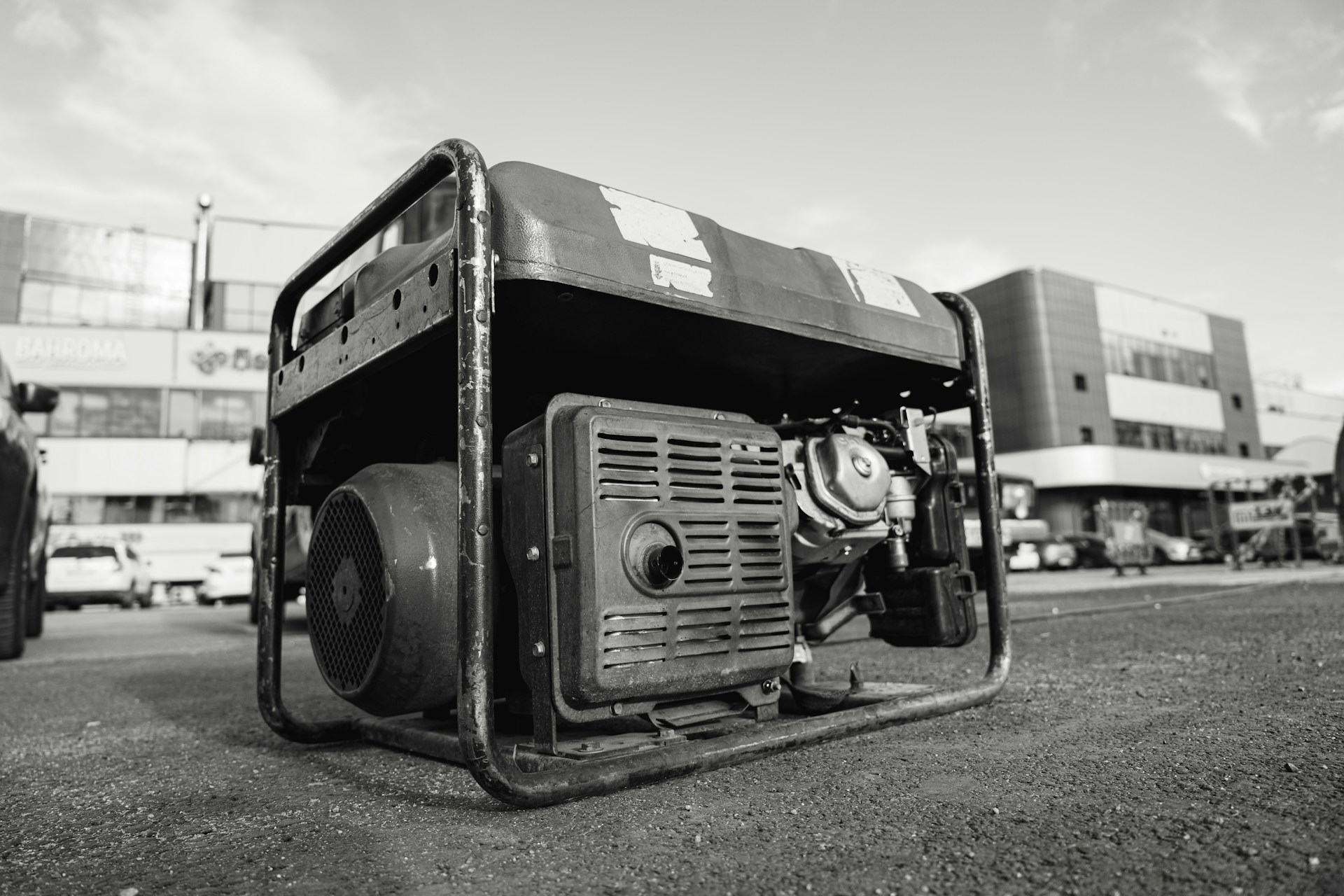How Do Different Generators Work? Here’s What to Know and How to Keep Them Running Smoothly
Whether you’re powering a home during an outage, running a job site, or keeping essential appliances running off the grid, generators are a lifeline when electricity isn’t available. But not all generators are created equal. From cutting-edge solar advancements to traditional fuel-powered systems, understanding how they work and how to maintain them is key to ensuring they’re ready when you need them.
The Latest in Solar Generator Technology
Solar generators are making serious strides, and the days of bulky, inefficient systems are fading fast. New solar generator technology is boosting efficiency, making it possible to store and use solar power more effectively than ever. Advances in battery storage mean these generators can hold power longer, charge faster, and provide more reliable energy, even in less-than-ideal sunlight conditions.
Unlike fuel-powered models, solar generators require minimal upkeep—no oil changes, no fuel stabilizers, and no exhaust fumes. But that doesn’t mean they’re maintenance-free. Keeping the panels clean and ensuring they’re positioned correctly for maximum sunlight exposure is essential. Dust, dirt, and even some bird droppings can reduce efficiency, so regular cleaning makes a big difference.
Remote Monitoring can Keep Your Generator Running
One of the biggest advancements in generator maintenance is the ability to check on performance without even being near the unit. A generator monitoring system allows users to track fuel levels, battery life, and operational status from a smartphone or computer, giving real-time alerts when something needs attention.
This is such an important breakthrough for backup power systems. Instead of waiting until an emergency to discover that a generator won’t start, remote monitoring helps catch issues early. If a generator is running low on fuel, experiencing a voltage problem, or failing to start due to a battery issue, the system can notify the user before it becomes a major problem.
Routine testing is still important, even with remote monitoring. Running a generator under load periodically ensures it’s ready when needed. Many modern systems even offer automatic testing, cycling the engine at set intervals to prevent long-term sitting from causing mechanical issues. Combining a monitoring system with regular test runs keeps a generator in peak condition and ensures it’s not just sitting there collecting dust when the power goes out.
Diesel Generators Provide Reliable Power
Diesel generators are truly the workhorses of the generator world, used in industrial settings, hospitals, and backup power systems where reliability is non-negotiable. Unlike gasoline-powered generators, diesel models are built for efficiency and long-term use, often running for thousands of hours with the right maintenance.
Keeping a diesel generator running smoothly starts with fuel management. Diesel degrades over time, so storing it properly and using fuel stabilizers can prevent clogged fuel systems and engine problems. Water contamination is another common issue, so regular draining of the fuel tank and filters helps prevent damage.
Oil and filter changes are crucial in diesel generators. These engines are built to last, but only if they get proper lubrication. Regular oil changes prevent wear and tear, especially in generators that run for extended periods. Checking coolant levels and inspecting air filters also play a big role in keeping a diesel generator performing at its best.
Portable Gasoline Generators
Gasoline-powered generators are some of the most common and accessible backup power options, used for everything from camping to emergency preparedness. While they offer convenience and affordability, they also require regular maintenance to stay reliable.
Fuel storage is one of the biggest concerns with gasoline generators. Unlike diesel, gasoline has a shorter shelf life and can break down over time, leading to clogged carburetors and starting issues. Adding a fuel stabilizer when storing a generator for long periods helps keep the fuel usable.
Running the generator regularly helps prevent issues caused by sitting idle. Stale fuel and varnish buildup in the carburetor are two of the biggest reasons gasoline generators fail to start when needed. Running the engine every few weeks keeps everything lubricated and prevents fuel-related problems.
Keeping an eye on spark plugs and air filters is also essential. Dirty air filters reduce efficiency and put unnecessary strain on the engine, while worn-out spark plugs can cause misfires or hard starts.
Propane Generators Benefits
Propane generators offer a cleaner-burning alternative to gasoline and diesel models. They produce fewer emissions, don’t suffer from fuel degradation like gasoline, and can be stored for long periods without losing effectiveness.
One of the biggest advantages of propane generators is their ability to start reliably in cold weather. Unlike diesel or gasoline models, which can struggle in freezing temperatures, propane engines start easily and burn efficiently in a wide range of conditions.
Keeping a propane generator in good working order requires checking fuel lines and connections regularly. Leaks in propane systems can be dangerous, so inspecting hoses is essential.

